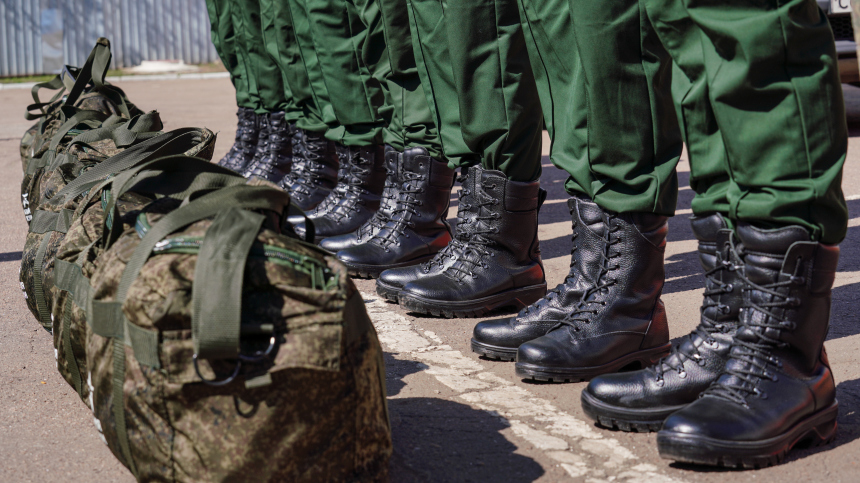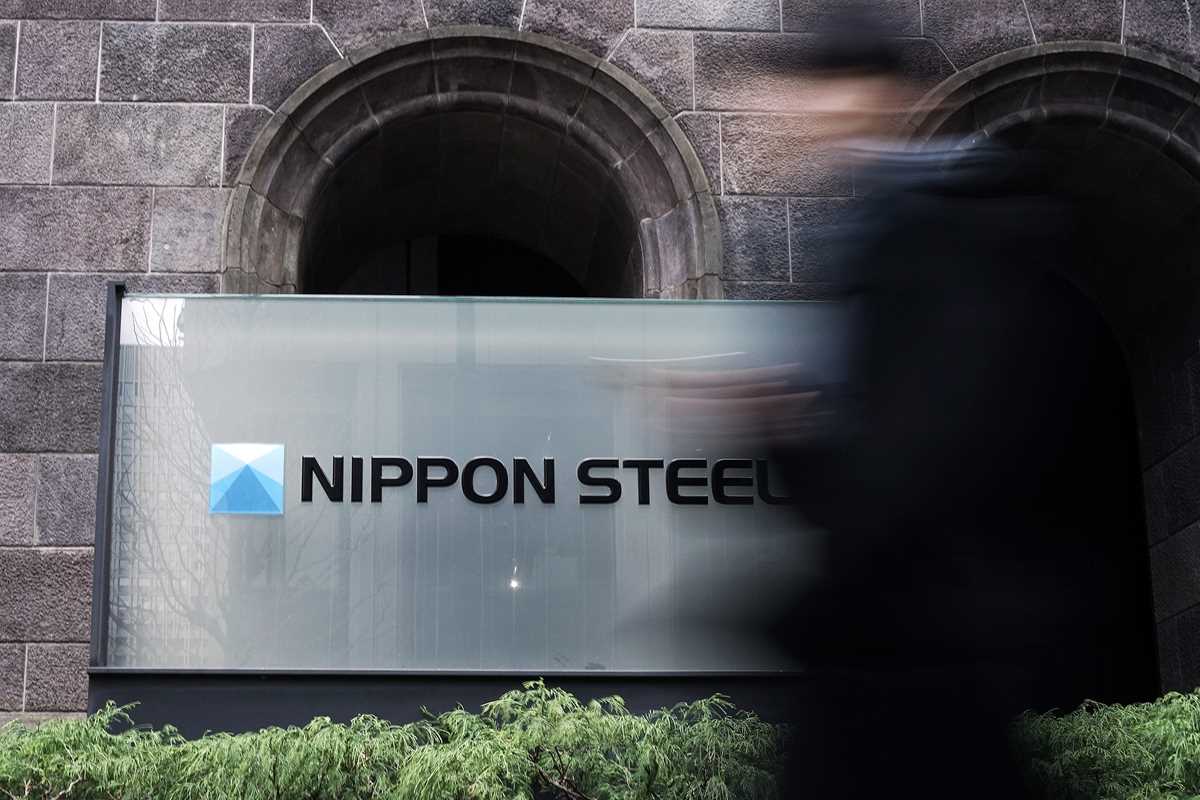Russia Expands Military Amid Growing Borders Tensions
In response to increasing threats from both the West and East, Moscow has made a strategic decision to significantly bolster its military forces, escalating global concerns.
Published September 18, 2024 - 00:09am

Image recovered from 5-tv.ru
In a decisive move highlighted by mounting tensions both along its western and eastern borders, Russian President Vladimir Putin has signed a decree to expand the Russian Armed Forces. Kremlin spokesperson Dmitry Peskov clarified the motivations behind this expansion, noting the increasing threats faced by the country and the hostile environment fostered at its borders.
Peskov attributed the bolstering of military personnel to the heightened hostilities from Western nations and the persistent instability in the East. He underscored the necessity of these measures in maintaining national security within such a precarious geopolitical climate. The newly signed decree mandates an increase in military personnel, aiming to elevate the total count to approximately 2.4 million, inclusive of both administrative and active-duty soldiers.
This directive marks the third such increase since the onset of Russia's full-scale invasion of Ukraine in February 2022. Previously, the Kremlin had set objectives to gradually ramp up its troop numbers, transitioning from 1 million to 1.32 million soldiers over recent years. The current order aims to scale this count up to 1.5 million active soldiers, positioning the Russian military as the second largest globally, following China.
The Kremlin's strategy involves intensive recruitment drives, promising substantial financial and social benefits to potential recruits. In addition to these incentives, the Russian government has leveraged a broad communication campaign to appeal to nationalistic sentiments. Moreover, the state has not shied away from conscripting prisoners from various correctional facilities to meet its manpower requirements.
This latest increase in troop strength is coupled with heightened military activities and confrontations along the border regions, particularly in the Kursk province, where Ukrainian forces have attempted incursions. Russian officials have reported the successful repulsion of multiple Ukrainian infiltration attempts, backed by artillery and aviation support, affirming Russia's relentless defense of its territories.
Furthermore, Russia's decision to blacklist Meta, the parent company of social media giants Facebook, Instagram, and WhatsApp, as an “extremist organization” has compounded the deteriorating relations between Moscow and Western corporations. The ban stems from Meta's global prohibition of Russian state media on grounds of “foreign interference,” an action strongly condemned by the Kremlin as detrimental to normalized diplomatic relations.
The ongoing conflict and subsequent military escalation have led to mass evacuations within the Kursk region, displacing over 150,000 residents. This chaos underscores the extensive human impact of these strategic military maneuvers. Ukrainian officials have concurrently reported significant successes within the Kursk territory, forecasting continued engagements and a potential for further escalations in the approaching weeks.
The operational decisions to reinforce the military reflect a broader vision of the Russian state towards fortifying its national defense mechanisms in response to perceived and real threats. These developments are indicative of the protracted and intensifying nature of the conflict, with far-reaching implications for regional stability and international political dynamics.
As Russia progresses with its military enhancement program, global observers remain vigilant, interpreting these advancements as critical indicators of Moscow's future geopolitical strategies. The implications of these actions have already reverberated through international corridors, prompting a blend of strategic assessments and policy formulations aimed at mitigating potential disruptions to global peace and stability.







